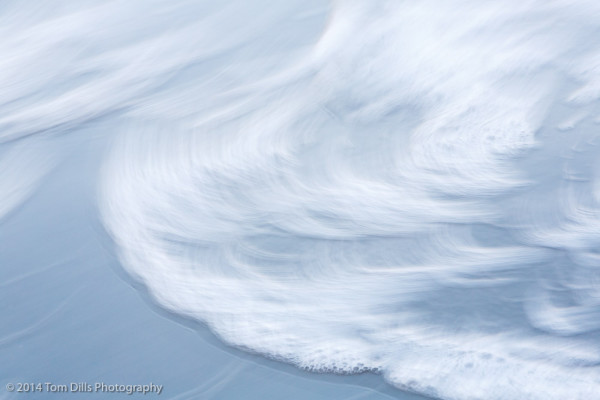
Samantha Chrysanthou and Darwin Wiggett recently posted on their blog that they had decided and agreed (it was Samantha’s idea and Darwin decided to go along) to a June 30 deadline to either process their unprocessed files or delete them. Delete as in gone. Forever. Their reasoning is that having so many unprocessed images was limiting their creativity by creating “clutter” and that Samantha “CAN’T STAND the idea of going out to shoot with hundreds of images just waiting for me back home.” Samantha had 89+ folders and Darwin nearly 200 folders dating back to 2005. Rather than me copy and paste their comments, you need to read the several (so far) posts on the subject to get the whole idea.
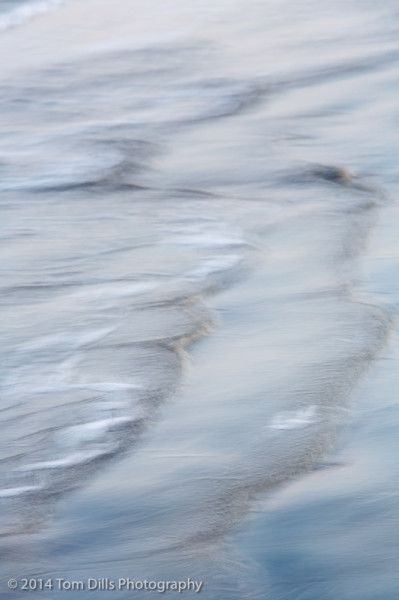
In their posts they refer to the concept of Minimalism, which is one that Kathy & I have been exploring lately. Part of the goal of downsizing to our new home was to rid ourselves of physical “clutter” that we had been making space to store and making time to think about. There’s nothing like facing the prospect of moving all that “stuff” to make one wonder how much of it is really necessary. And parsing all of it down to just the essentials for living in an apartment for 6 months really made us think about how much of that stuff would ultimately survive the move. Suffice it to say that we’re glad to have a Goodwill store close by.
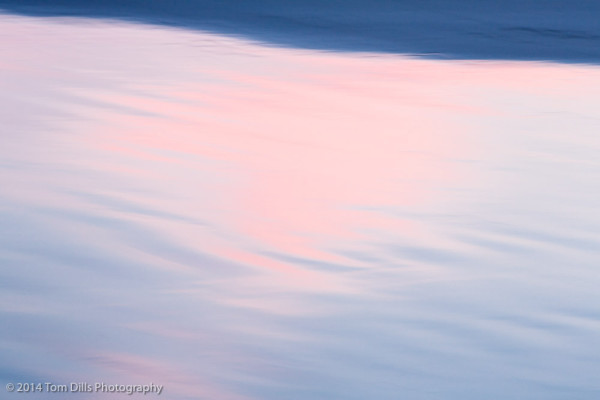
I’ve never given all that much thought to my digital backlog. I have a very well thought out method for sorting, categorizing and rating my photos so I always know the status of a given image based on the Pick status, color label and star rating. Having unprocessed files doesn’t bother me. In fact, I will sometimes go back into the archives and see an image that, for one reason or another, I missed or passed over the first time or two through the folder. I’ve reasoned that as long as I have captioned and keyworded my photos, if I ever needed to process one I would, and if I never did? No big deal.
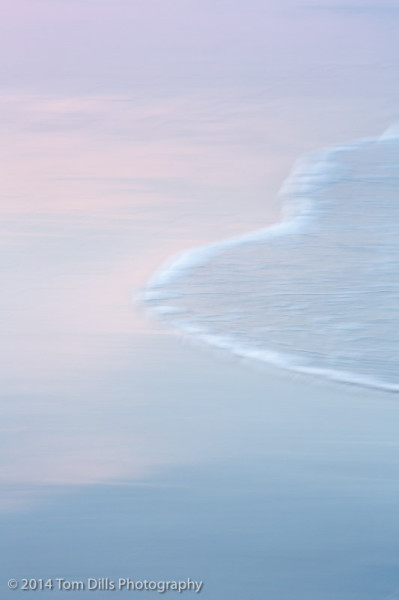
For a while I felt like I needed to have a goal of processing every single one of my “Picks.” And I actually have processed many of my files from the early digital days, starting around 2004. What I have done, though, is when I’ve gone through and made my Picks I remove the non-Picks from the Lightroom catalog while leaving them on my hard drive. I have nearly 32,000 images in my Lightroom catalog, but many multiples of that number reside on my hard drive. It’s not that I think all of those “rejects” might be valuable as much as I figure with as cheap as hard drives are there isn’t a lot of point in deleting them.
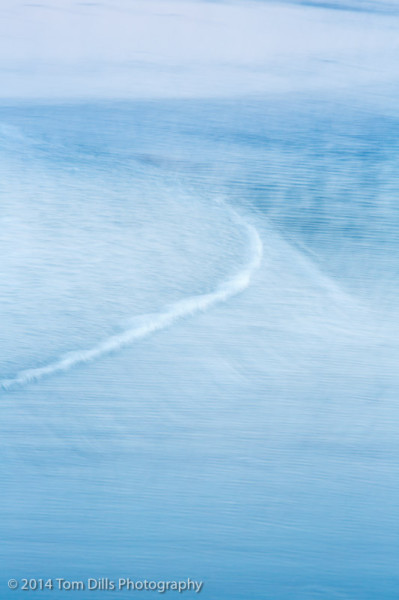
So I’m not judging anyone else’s decisions or their workflow, but I’m pretty comfortable with my “system” and it doesn’t bother me to have unprocessed photos. But it was obviously something they considered to be important, and more power to them. Not all “clutter” is visible, and if something is hampering their creativity, addressing it in the way that works for them is the right approach. I’ll be interested to see how they did come June 30.
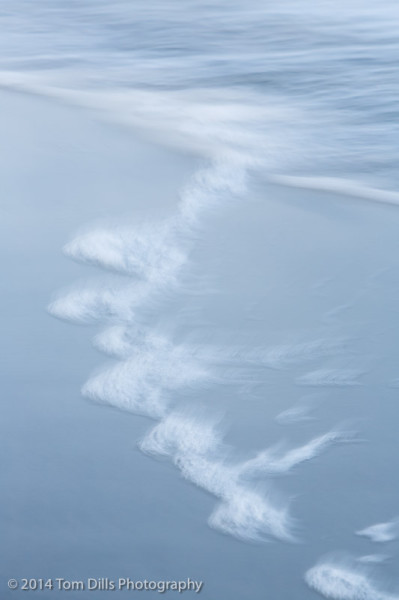
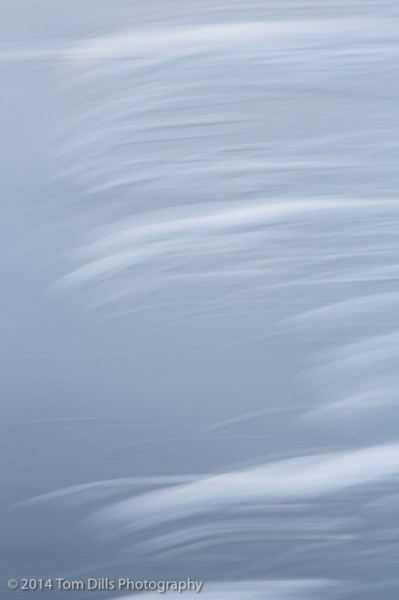
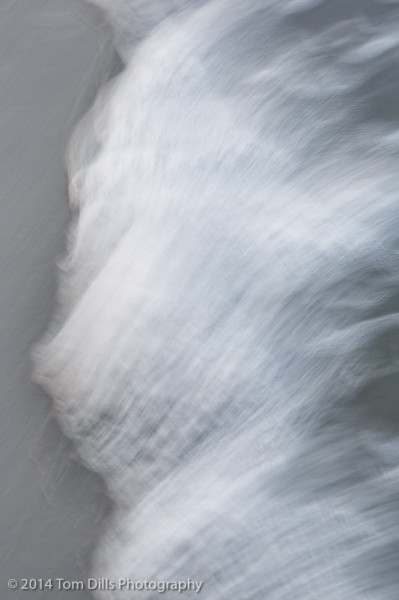

Before getting into the discussion of your post let me say that the photos here are not only sublime but also subliminal and by that I mean that they touch me on a level that is not within the realm of mind or senses but somewhere deeper (or perhaps I should say, higher). They are truly beautiful images Tom.
As for Sam and Darwin’s predicament, their solution seems a little odd to me. This might sound strange coming from me seeing as “running out of disk space” is a good enough reason for me to delete photos but it’s not a practice I would recommend or advocate for anyone else. Especially the likes of Sam and Darwin. I’m not sure I understand their reasoning. For me, deleting photos is not a question of being minimalistic and if it’s about de-cluttering then moving the photos to a separate hard drive will do the trick won’t it? Currently, I make photos for the sake of the process and the final result is of little importance to me but I would say that anyone who makes photos for the sake of the photographs should only ever delete the most hopeless results. But in the end, to each their own I guess.
Hi Tom, and Cedric —
I’m happy that our post is generating some thought on the impacts of clutter, both in physical forms and in those a little less tangible. Since there seems to be some puzzlement about the latter, I’ll share a few thoughts here to hopefully flesh out the debate a little.
First, though, I agree with Cedric, Tom. Gorgeous shots! They are graceful and uncluttered themselves and have a calming effect. A real treat!
The first clarification to make is that this is not a workflow issue. I used to be a lawyer, so dealing with mounds of data was the norm. I have my own system that works for me and is very efficient. What isn’t efficient is priorities. Ironically, being in the business of landscape photography education means less time to make and process images in favour of other activities such as preparing talks and workshops and marketing. I would agree it’s a priority issue for me — I need to spend more time on my creativity and less on the admin (isn’t this the battle for balance we all face?). Then such drastic (and time-consuming) efforts such as the one I’m facing won’t occur.
Second, there’s a psychological difference going on here. Starring my images and keeping the ones that aren’t good enough in the first pass because storage is cheap actually misses the point. Just like throwing your junk in a closet doesn’t deal with the junk, moving your ‘not so good’ shots onto other cheap storage sites just displaces the data. For some people (my brother included), moving things into the closet is a perfectly acceptable ‘cleaning’ solution. Not so much for me. I can’t forget it’s there. It’s existence as clutter actually impedes my creativity.
Instead of wondering why we should delete our work that may or may not be our best, query why we should keep it? Is it worth having drives and drives of mostly poor work on the off-chance that there’s one somehow overlooked gem in there?
I’d rather be out creating new art, myself.
Ah yes, I get the psychological aspect being addressed here Samantha. If moving photos off to another drive doesn’t do it on the psychological level then deletion is a better option. There’s nothing better than a mind at peace 🙂
Also, I agree that the question ” why should I keep it?” is far more useful than “why should I delete it?”. I only ever ask myself the former and so far have yet to come up with a reason (at least with respect to my arty work).
However, having said all that, I know some photographers who’s visions are brought to life in post-processing, building their creations from past images, which, on their own, hold no merit whatsoever but when put together create the most beautiful tableaus one can imagine. For such people, keeping photographs would seem instrumental. If I was ever to start doing such work and if I was ever to value the finished product more than the process, I may regret having deleted my work. Who knows? In any case, regret is a perfect muse to creativity so it would not be a total loss 🙂
Cedric, thank you for your comments and your input. This is an interesting discussion and I’ll be looking forward to hearing feom a few more readers.
Samantha, thank you for the reply and clarification. That was why I linked to your posts…hopefully to encourage people to read them and draw their own conclusions. I agree that what you are doing is very appropriate, since it is a solution to a problem that you have identified. Personally, despite efforts to eliminate physical “clutter” in my life, I haven’t felt the need to purge digital files because (for me) they don’t take up any physical or mental space.
I admire your efforts and wish you and Darwin all the best in your coming adventure!
Like everyone else I really like the images, Tom. And like Cedric I find it difficult to explain why. Maybe it’s because I can easily identify with the wave patterns you’ve displayed so well. They’re very good abstractions of walking on a lonely beach.
The “clutter” issue is a very personal one, isn’t it. I can sympathize with Samantha when she says that the existence of image clutter “impedes” her creativity. Starting fresh is always a good way to get things flowing again. Wipe the slate clean, as they say. It can “clear the air”.
But it also means that you’re burning some bridges. When you press the shutter, the image in the viewfinder becomes part of your personal history. That history disappears when you physically erase it. And sometimes that’s OK. But the question for me is always: How much? How much do I discard? Where do I draw the line? What if I make a mistake? What if I go looking for something in the catalog only to remember that I tossed it 6 months ago?
So for me most of them remain as semi-permanent residents on a stored hard drive. They exist only in a digital world, a world that is separate from the world in which I and my camera reside. The fact that they do exist bothers me not one little bit. It’s sort of like having your own digital Library of Congress. You’ll never read or even look at all those books, even if you had a thousand years to do it. But if you ever do need one, it’s there.
Thanks, Paul for the comments and the thoughts. It’s certainly an ongoing discussion.
Folders of unprocessed files are like money in the bank for me. Our winters can be long and harsh and sometimes I have no desire to go out and find something to shoot. I’m happy staying home and working on files. It’s as much fun as shooting. Bring ’em on!
We sort of do the same thing here, Ken. Except we hibernate in the summer instead of the winter. The tough part is making time to get to those folders of images, especially those of us who are still working for a living. 😉
Beautiful photos Tom! I love this sort of impressionism in photography.
Reducing clutter – easy to say and to think about, not so easy to accomplish. I will occasionally dive in and start sorting through my images, folder by folder, deleting here and deleting there, but – and to me this is a BIG but – if I see an image with a hint of promise, it stays. After a while, it seems most of the images contain this hint and the exercise becomes nothing more than a waste of time and I give it up. Often, it’s easy to dump shots that are simply too redundant or obviously not up to par, but once you’re through the low hanging fruit, the task becomes much more challenging. I’ve been known to delete, then wait a while, go peruse my waste basket, and then restore.
I think starting a new catalog and saving off to another drive makes more sense. To me. We each have to deal with this in whatever fashion seems right.
Thanks, John. I find myself enjoying these kinds of photos more and more. They really speak to my need for personal expression.
I’m with you on the folders of older images. Sometimes I’ll revisit a folder a year or two later and see things I didn’t see originally. Mostly my taste changes, or something calls me that didn’t register before. They don’t bother me, so I choose not to worry about them.
I’m not sure about the idea of multiple catalogs, but they work for some people. I prefer having everything all in one place. But if it works for you, it works!